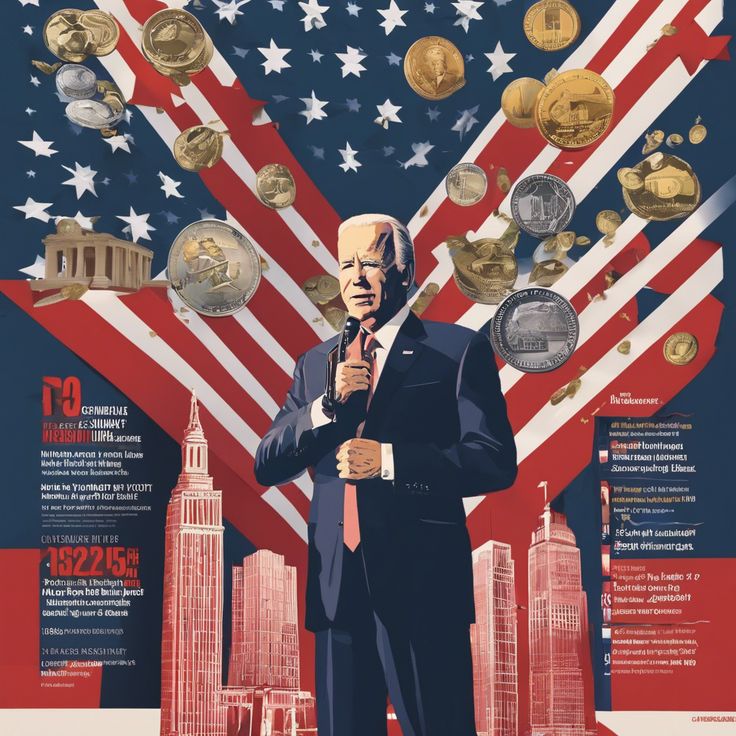In a series of recent legal battles, conservative groups have scored significant victories against the Biden administration, particularly in the realm of immigration policy. These court rulings represent a formidable challenge to President Biden’s reform agenda, highlighting the ongoing struggle between executive action and judicial oversight.
At the heart of this legal tug-of-war lies the Biden administration’s ambitious immigration reforms. These policies, aimed at reversing many of the Trump-era restrictions, have faced fierce opposition from conservative states and organizations. One of the most contentious issues has been the attempt to end the “Remain in Mexico” policy, officially known as the Migrant Protection Protocols (MPP).
In a landmark ruling, the Supreme Court allowed a lower court’s decision to stand, forcing the Biden administration to reinstate the MPP. This policy requires asylum seekers to wait in Mexico while their cases are processed in U.S. immigration courts. The decision dealt a significant blow to Biden’s efforts to create a more humane immigration system, as critics argue the MPP exposes vulnerable migrants to dangerous conditions.
Another pivotal case involved the administration’s attempt to prioritize certain categories of immigrants for deportation. A federal judge in Texas blocked this initiative, arguing that it exceeded the executive branch’s authority. This ruling effectively hamstrung the Department of Homeland Security’s ability to focus its limited resources on what it deemed the most pressing immigration enforcement priorities.
These court victories have emboldened conservatives and complicated Biden’s policy implementation efforts. They underscore the power of the judiciary in shaping national policy and highlight the challenges faced by any administration seeking to enact sweeping reforms. Moreover, these legal setbacks have forced the Biden team to recalibrate its approach, potentially slowing down the pace of change promised during the 2020 campaign.
Looking ahead, the battle over immigration policy is far from over. As the administration continues to push for reform, it’s likely to face further legal challenges. The outcome of these cases will not only shape the future of U.S. immigration policy but also set precedents for the limits of executive power in an increasingly polarized political landscape.





